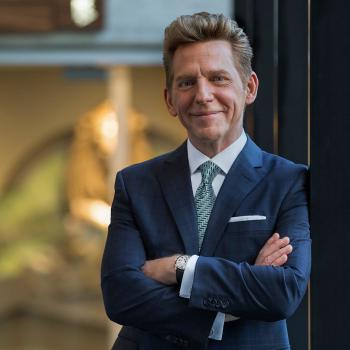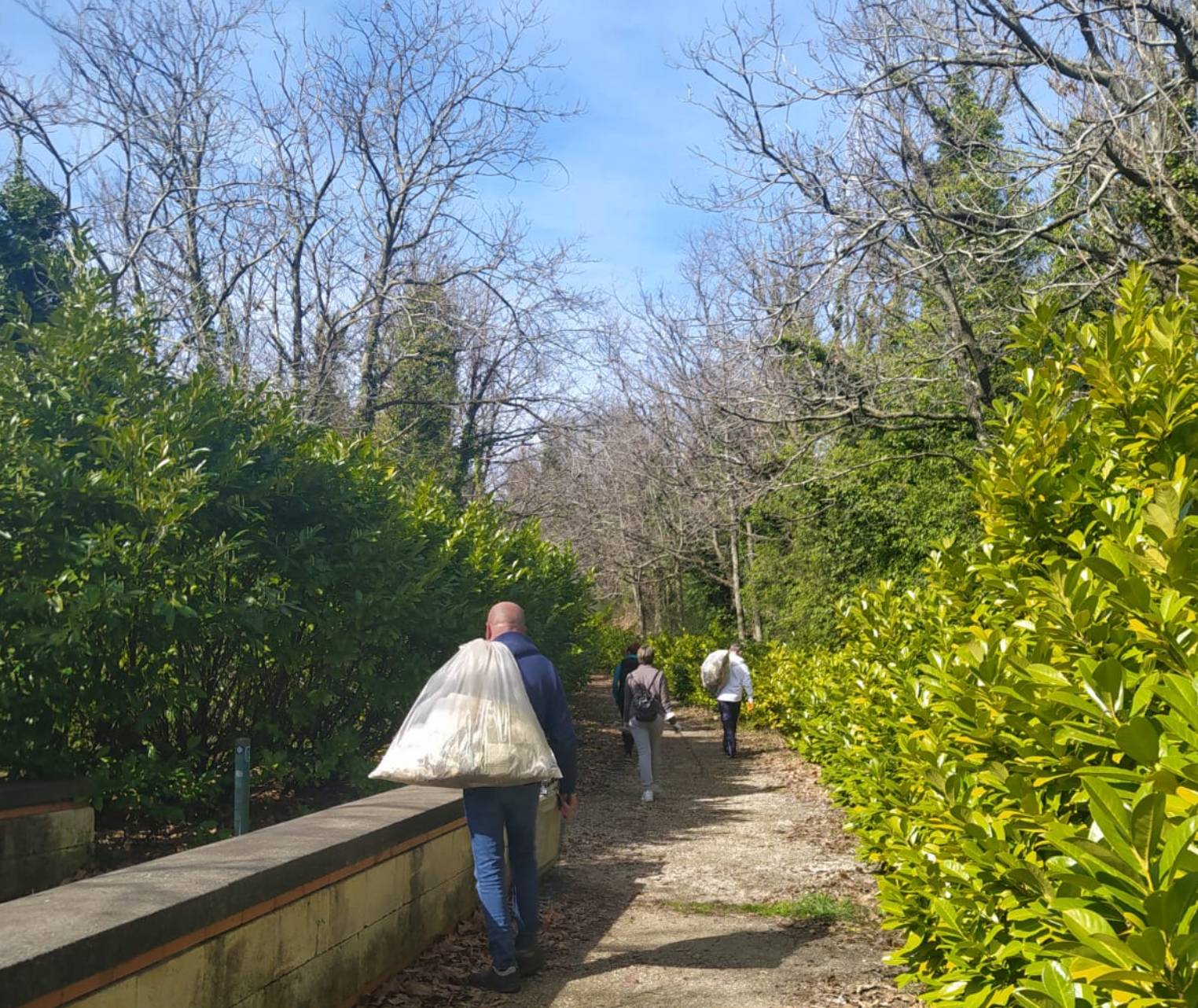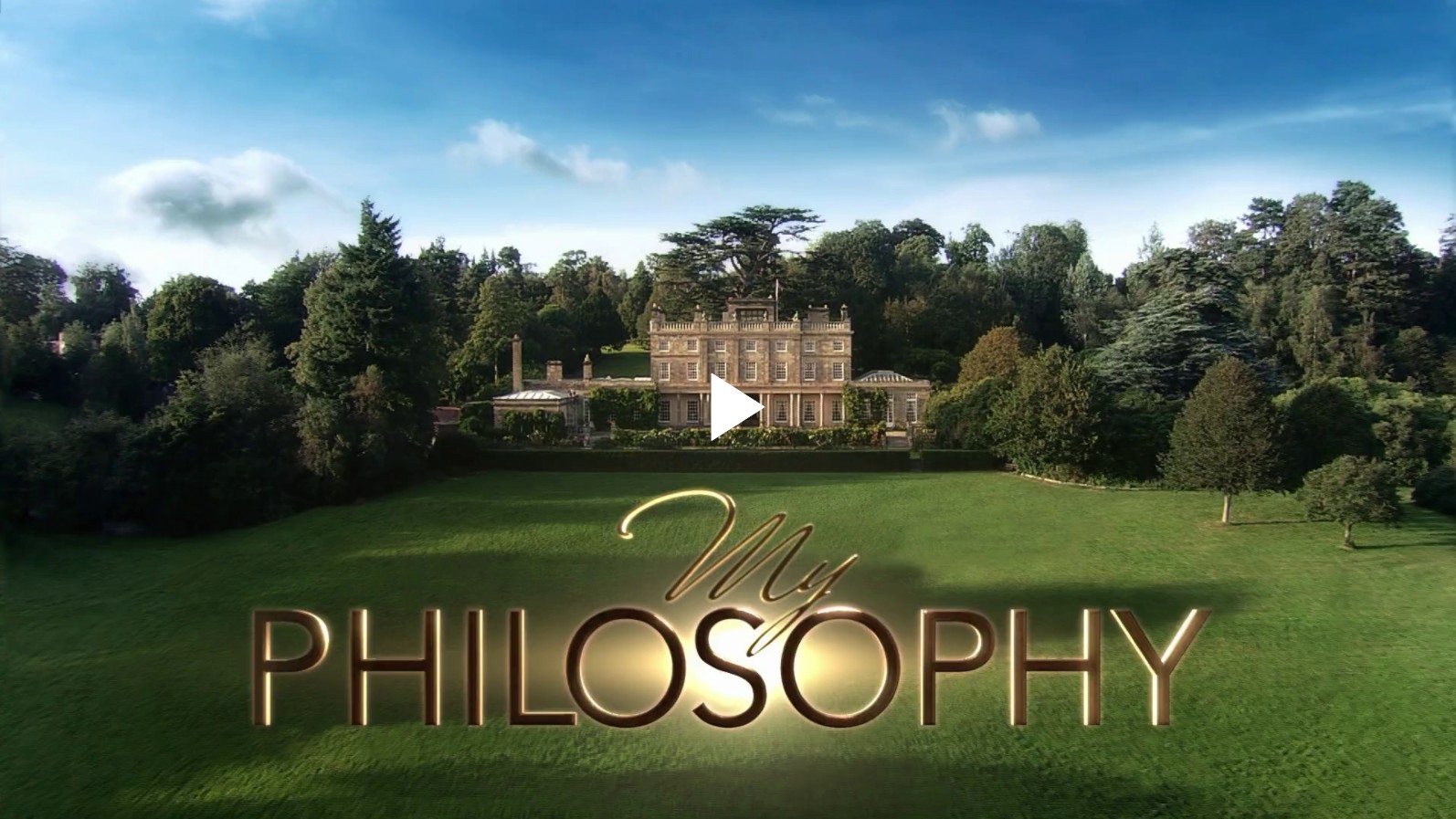This is the second in a series of posts answering this question. Anyone having a story to share, send it along!
People ask me this question all the time. I get it from people of different faiths and of no faith, from the curious, the sincere and the cynical.
My first answer? “I read a book.”
And even though that was a few years ago (38 to be exact), that’s what I tell people today who want to know about the Scientology religion. Usually people still ask me for personal details, such as what I was doing at the time and how did I first find my religion.
As a college student in the late ’60s, I was looking for that something in my life that would help answer questions I had about existence and my fellow man.
I checked into psychology, thinking it would give me insights I could use to help others. But I found psychology to be too fascinated with the behavior of rats and the training of pigeons–teaching them to press a button to ring a bell to obtain food pellets. The darling of the profession at the time was B. F. Skinner, a man who kept his daughter in a large Plexiglas box for the first year of her life, to train her much like he trained pigeons. Rats, pigeons, stimulus response and food pellets–to understand people? It made no sense.
The subjects I gravitated to instead were eastern religion and philosophy. I most enjoyed the Tao Te Ching (“Way of Changes”) written by Lao Tzu, a Chinese philosopher and a consultant to the Emperor in the 500s BC. That work helped me realize that religion had generally been presented to me as something done outside work and family, something separate from everyday life and something concerned with the afterlife.
Shortly after that, a friend of mine became a Scientologist and encouraged me to buy two books on the subject – Dianetics: The Modern Science of Mental Health and a booklet called Axioms and Logics.
Dianetics, of course, is the 22-million-copy (and still selling) New York Times bestseller written by L. Ron Hubbard that explains how the mind works and how to undo difficulties caused by the reactive mind (what Freudians called the unconscious mind). The reactive mind is that portion of a person’s mind which works on a totally stimulus-response basis, which is not under his or her volitional control and which exerts force and power of command over his awareness, purposes, thought, body and actions. Dianetics provides techniques anyone can apply to rid himself or herself of unwanted behaviors or emotions and help him/her live a happier life.
The booklet Axioms and Logics consists of concisely stated Scientology principles that I found appealing because it was written in small passages similar to the way Eastern religious texts were written–each principle or idea separated in verse-like fashion. So I chose that to read first.
It was through reading this booklet that I had the epiphany that people have sought down through history: the firm realization that I am a spiritual being. This was not just a “thought” about this prospect of existence, but a personal certainty–much like the certainty an experienced driver possesses when driving a car; he’s not thinking about each action, but performs the tasks with precision. There’s a certainty there.
I then read the Dianetics book. Soon after, I packed my bags and left the Virginia farm I was living on and headed to the big city, New York, to study Scientology in earnest.
That was 38 years ago.
Today I can say from experience, “Dianetics works.” It does what Mr. Hubbard wrote that it can do. It makes life easier and more enjoyable–something, I think, we can all use!
Also, over these years, I have observed that Scientology practice consists of courses and spiritual counseling that help people communicate effectively, study better, get along well with their family and friends, and learn about themselves as spiritual beings and their own spiritual immortality. It’s an exciting route to spiritual awareness and improvement.
I personally found each of those benefits essential in my life. I am happily married, and I have five great children, all of whom are adults, doing well in their own lives. Each also avoided the temptations so prevalent in our society and stayed drug-free. (And, for myself, the debilitating effects of those “recreational drugs” I used in the ’60s have long been erased, thanks to Scientology.) I have also seen Scientology help so many people I know live happier more satisfying lives. Therefore I talk to people about Scientology and I recommend it.
The Scientology religion is the fastest growing religion in the world. The past twelve months marked its greatest year of growth ever–a period in which 1,500 new churches, missions and groups opened their doors around the world. The more than 10 million people who have used Dianetics and Scientology technology worldwide, and the 7,505 churches, missions and centers in 163 countries attest to its workability.
Now, after telling people my story, I still recommend that they get a copy of Dianetics: The Modern Science of Mental Health–still a best-selling book nearly 57 years after its release.
Then I tell them to apply what they read and see how it works.
After all, in the final analysis, that is the only true test of the subject. That is why I stuck with it. And that is why I am happy to tell people who ask me, “How did you get into Scientology?”
“I read a book.”
S.B.








